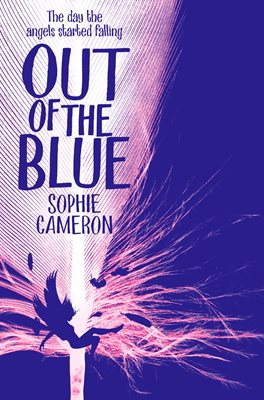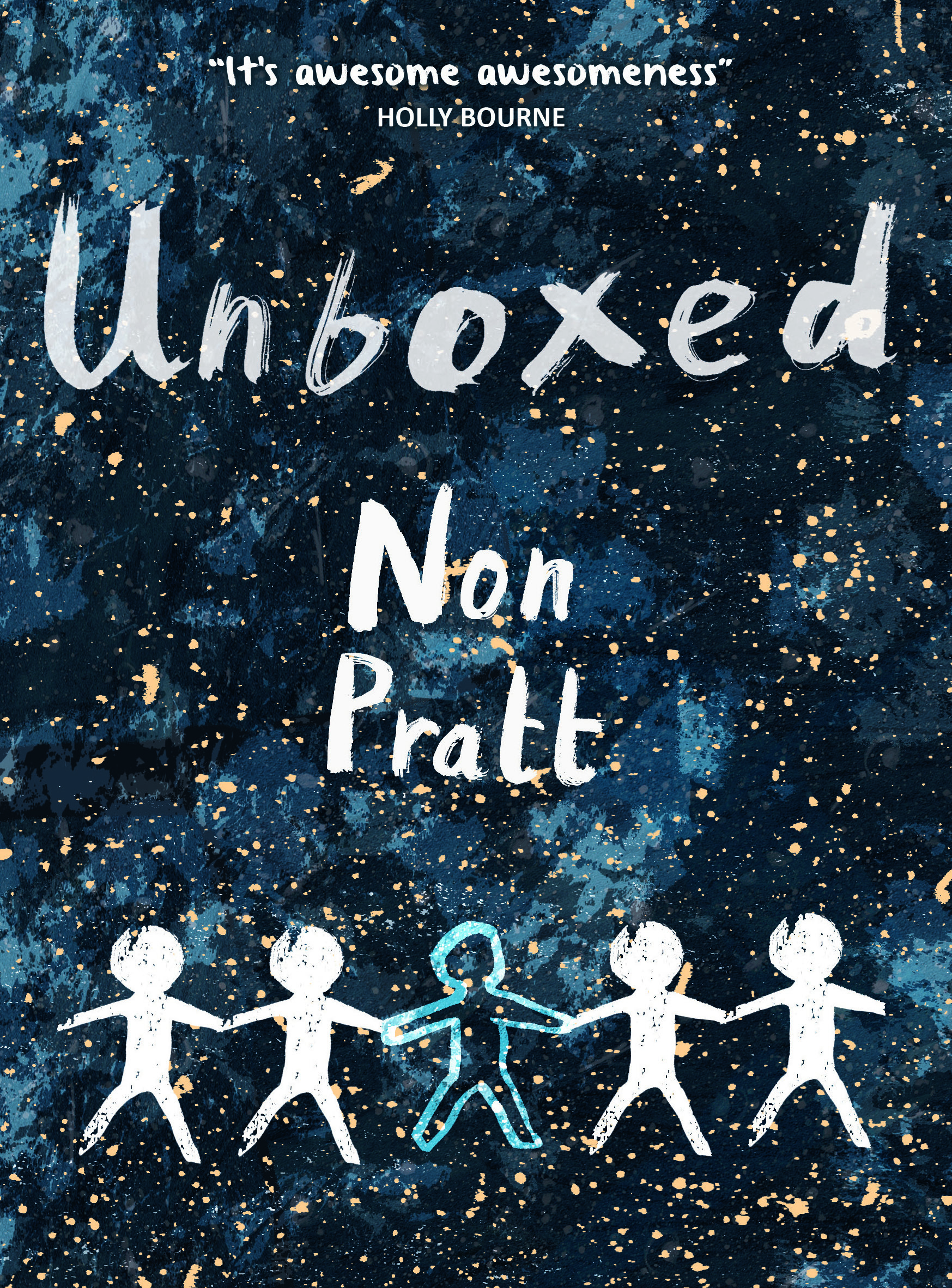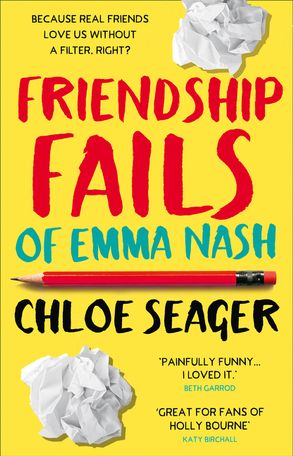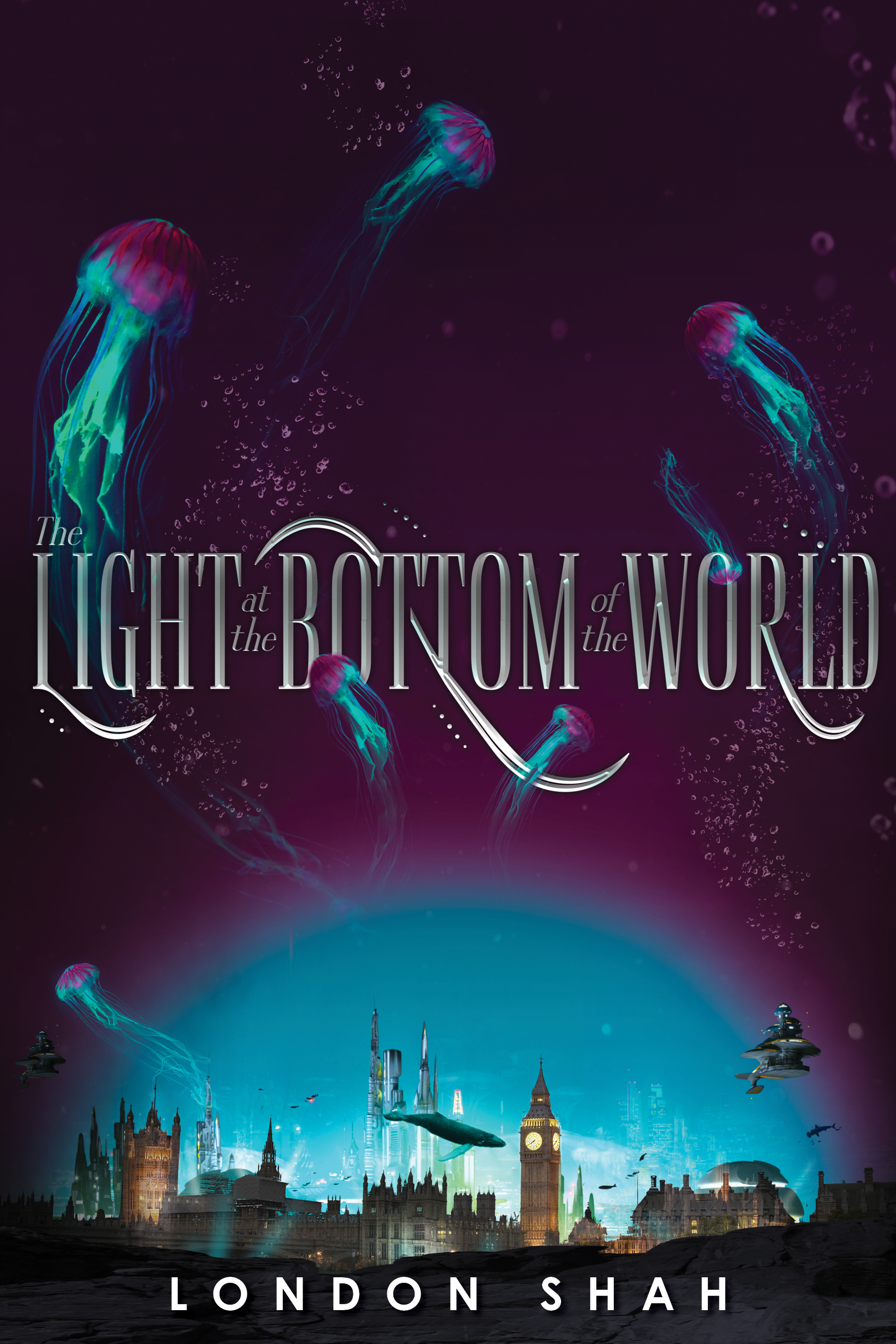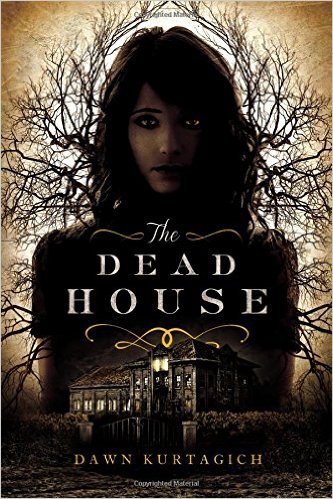We are joined by debut author Sophie Cameron to celebrate her wonderful new young adult novel Out of the Blue. Set against the backdrop of the frenzied Edinburgh Festival, Out of the Blue is the story of grief, love, and learning to live on. Supported by a group of new friends, Sophie’s main character, Jaya, finds her feet, even when angels are falling from the sky.
When angels start falling from the sky, it seems like the world is ending. But for Jaya the world ended when her mother died, two weeks before the first angel fell. Now with the help of some new friends, she must help an angel survive, even when the odds are stacked against her.
Golden Trio
I always liked that the saying “two’s company, three’s a crowd” never applied in Harry Potter. Harry, Ron, and Hermione form a very even-sided triangle; even when Hermione and Ron’s relationship becomes romantic, the dynamic in their tight-knit group of three never feels unbalanced. That’s what helps them get through such difficult situations: When one character is hurt, weak, or when Ron does a runner in Deathly Hallows, the other two are able to turn to each other for strength (or sometimes, in the film version at least, super awkward slow-dancing).
I’ve often found myself in “friendship trios” in life, and it’s one of the reasons that the Harry Potter books resonated with me – so much other children’s literature features a main character and their single best friend, who often feels more like a sidekick than an equal partner in their adventures. I didn’t set out to write the same dynamic in my YA debut, Out of the Blue, but it’s perhaps due to Harry Potter that I unconsciously featured trios several times, in different ways.
The most important is the trio that my main character, Jaya, forms with her new friends, twins Allie and Calum. Though they’ve only just met, when Jaya finds one of the angels or “Beings” that have been falling from the sky for the past eight months, she turns to the twins to help her hide it. There’s not the same trust there that Harry, Ron, and Hermione have after so many years of friendship, but Jaya knows instinctively that they’re more reliable than her dad and the other adults around her – at least, so she thinks.
While she’s sure her late mum would help her if she were still around, Jaya’s convinced her dad would betray her by handing the Being over for a reward. In a way, this is quite similar to Harry, who is still grieving the loss of the two people he knows he could rely on, but who has that same instinctive mistrust of other adults. Sometimes it serves him well, but I actually think it’s one of his main flaws: There are people around who would help Harry if only he let them, but often he can’t see that.
This is a common plot device in children’s literature – I mean, it would be a far less entertaining series if Dumbledore & Co. had taken over and sorted things out themselves! – but I think it has a basis in real life, too. You just need to look to the US for examples of young people leading the fight for issues such as gun control or Black Lives Matter. When I hear adults claiming that the next generation will save us, I see where they’re coming from (and I do tend to agree) – but I also think it’s irresponsible to rely on younger people to sort out our own mistakes. Teenagers should absolutely be listened to and given a voice in politics and in society in general, but when they’re being pushed into positions of responsibility at such a young age, it’s usually a sign that adults have massively let them down.
In Out of the Blue, Jaya and her friends have the courage, conviction, and creativity to keep the Being hidden, but they make some mistakes that might have been avoided if they’d just been more trusting. Without giving too much away, Jaya comes to the realization that she’s misjudged some of the people around her, and that she may have misinterpreted her dad’s motives. I hope that Out of the Blue, like Harry Potter, shows how brave and inspiring young people can be while still recognizing that they’re still just kids – and that adults aren’t always the bad guys, either.
Sophie Cameron

